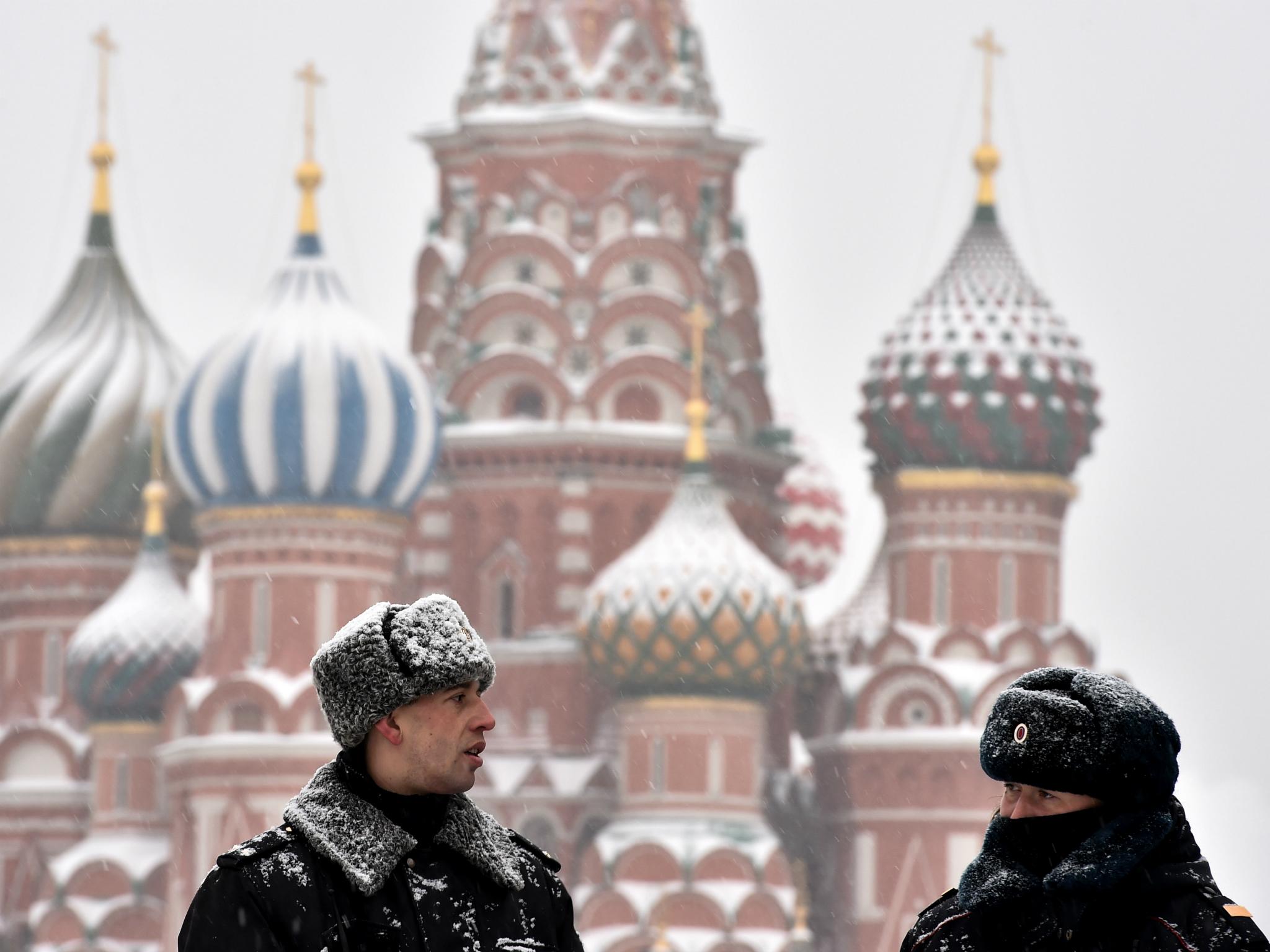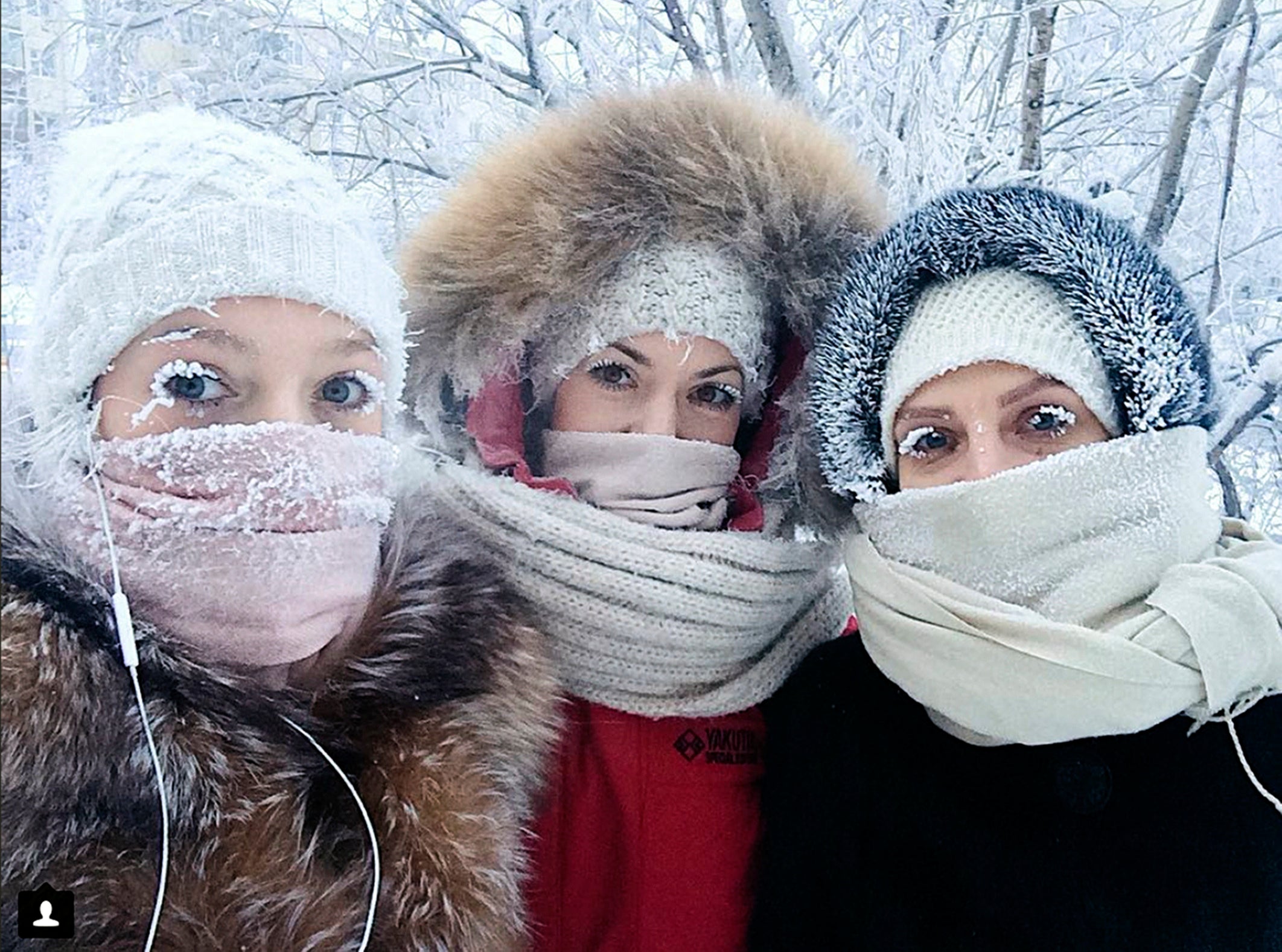December was darkest month in Moscow’s recorded history with six minutes of sunshine
'The duration of sunshine in December usually amounts to tens of hours', say meteorologists

Your support helps us to tell the story
From reproductive rights to climate change to Big Tech, The Independent is on the ground when the story is developing. Whether it's investigating the financials of Elon Musk's pro-Trump PAC or producing our latest documentary, 'The A Word', which shines a light on the American women fighting for reproductive rights, we know how important it is to parse out the facts from the messaging.
At such a critical moment in US history, we need reporters on the ground. Your donation allows us to keep sending journalists to speak to both sides of the story.
The Independent is trusted by Americans across the entire political spectrum. And unlike many other quality news outlets, we choose not to lock Americans out of our reporting and analysis with paywalls. We believe quality journalism should be available to everyone, paid for by those who can afford it.
Your support makes all the difference.For those who suffer from seasonal affective disorder (SAD), Moscow ought to be high on the list of places to avoid in winter.
The sun failed to shine for almost an entire month in the Russian capital – the bleakness broken only by a record-breaking low of just six minutes direct sunshine over December.
It is not unusual for the last month of the year to be Moscow’s darkest, but 2017’s December took gloominess to a whole new level, as the month’s average is 18 hours of direct sunshine.
“Last December was the darkest month in the history of weather observations,” Russian weather service Meteonovosti reported on Monday.
“This year is just an amazing situation,” said Roman Vilfand of the Moscow State University’s meteorological station. “The duration [of the appearance of the sun] in December usually amounts to tens of hours.”
Speaking to Russia’s RBC magazine, he explained that cyclonic eddies were observed “anomalously often” in December, which had led to cloudiness.
“It was also very warm weather. More than 5.8 degrees above normal. This is due to the movement of air masses from the Atlantic, and it is from there the cyclones come to us. This led to the fact that there was practically no sun,” Mr Vilfand added.
The last record for darkness was set in December 2000, when Moscow saw three hours of direct sunlight over the entire month.

Russian winters are notoriously cold, but this week, the mercury divebombed to -67C in Yakutia in north eastern Russia. People posted photographs on social media of their eyebrows and eyelashes freezing.
In Moscow the temperature is currently around -7C.
Join our commenting forum
Join thought-provoking conversations, follow other Independent readers and see their replies
Comments